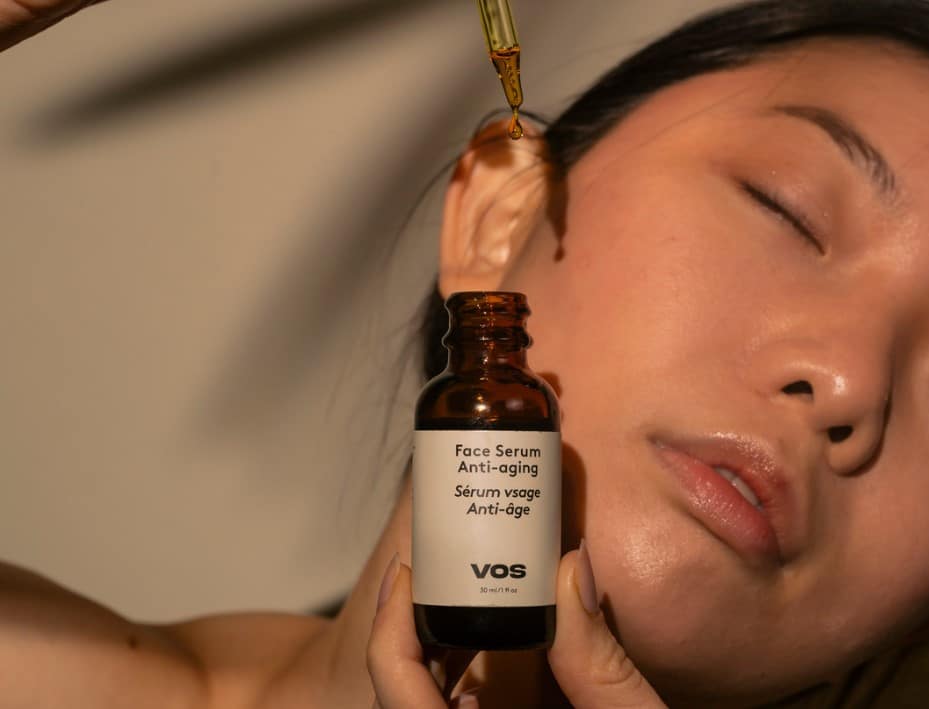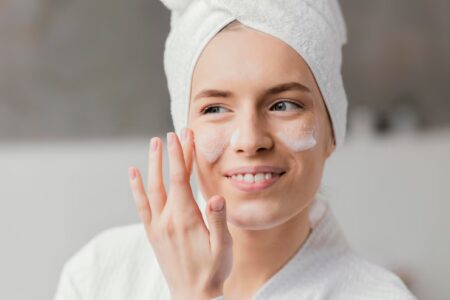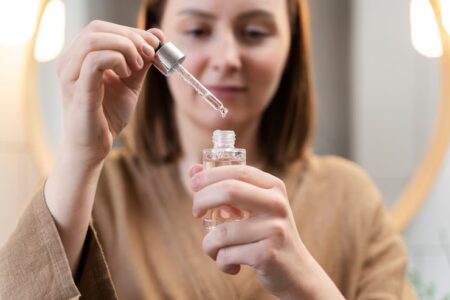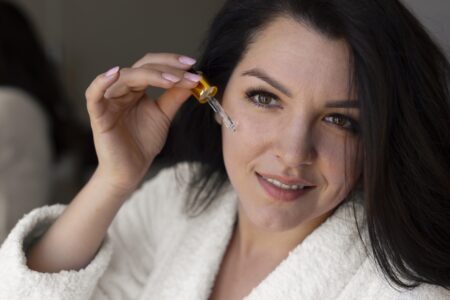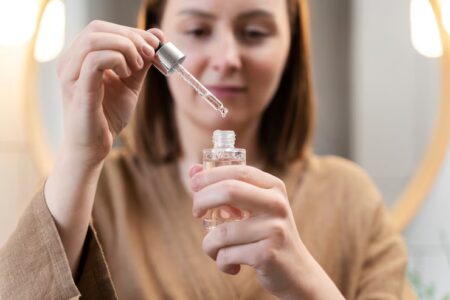Winter brings cold temperatures and dry air, which can impact the skin’s health. Many people turn to skincare products like face serums to maintain hydration and protection. However, several myths about winter skincare can lead to ineffective or even harmful routines. Understanding the truth behind these myths is essential for a healthy and effective skincare routine during colder months.
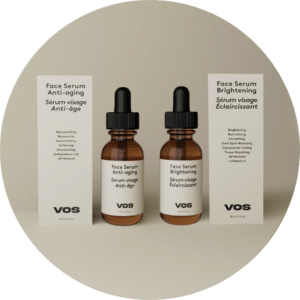
Myth 1: You Don’t Need Sunscreen in Winter
The Truth
One of the most common misconceptions is that sunscreen is only necessary in the summer. However, UV rays remain active even in winter. Snow can reflect up to 80% of UV radiation, increasing exposure risk. Applying sunscreen daily, even on cloudy days, helps protect the skin from premature aging and damage.
Myth 2: Face Serums Are Not Necessary in Winter
The Truth
Some believe that face serums are only beneficial in warm weather. However, serums contain concentrated ingredients that target specific skin concerns such as dryness, irritation, and loss of elasticity. During winter, face serums with hydrating ingredients like hyaluronic acid and glycerin help lock in moisture and strengthen the skin barrier.
Myth 3: Hot Showers Keep Your Skin Hydrated
The Truth
Hot showers may feel comforting in winter, but they strip the skin of natural oils, leading to increased dryness and irritation. Lukewarm water is a better option to cleanse the skin without damaging its protective layer. After showering, applying a face serum followed by a moisturizer helps retain hydration.
Myth 4: Drinking More Water Prevents Dry Skin
The Truth
Hydration is essential for overall health, but drinking water alone does not directly prevent dry skin. External factors like cold air and indoor heating contribute to moisture loss. A skincare routine that includes face serums, moisturizers, and hydrating masks helps combat dryness effectively.
Myth 5: Oily Skin Does Not Need Moisturization in Winter
The Truth
People with oily skin often believe that they do not need additional hydration. However, skipping moisturizer can cause the skin to produce more oil to compensate for dryness. Lightweight, non-comedogenic face serums with hydrating properties help maintain a balanced complexion without clogging pores.
Myth 6: Exfoliation Should Be Avoided in Winter
The Truth
Many people stop exfoliating in winter, fearing it will worsen dryness. However, gentle exfoliation helps remove dead skin cells and allows better absorption of face serums and moisturizers. Using a mild exfoliant once or twice a week keeps the skin smooth and radiant.
Myth 7: Natural Oils Are Better Than Face Serums
The Truth
While natural oils provide hydration, they do not contain the active ingredients found in face serums. Serums are formulated to penetrate deeper into the skin and address concerns like fine lines, dullness, and uneven texture. Combining face serums with natural oils can enhance hydration without compromising effectiveness.
Myth 8: Heavy Creams Are the Best Solution for Dry Skin
The Truth
Using thick creams alone does not guarantee hydration. Without proper layering, heavy creams can sit on the skin without fully absorbing. Applying a hydrating face serum before moisturizer ensures deeper penetration and long-lasting hydration.
Myth 9: Winter Skincare Routine Should Be the Same as Summer
The Truth
Skin’s needs change with the seasons. A skincare routine suitable for summer may not provide enough protection in winter. Switching to richer moisturizers, incorporating hydrating face serums, and avoiding harsh ingredients can help maintain skin health during colder months.
Myth 10: Chapped Lips Are Only Caused by Cold Weather
The Truth
Cold air contributes to dry lips, but other factors like dehydration, licking lips, and using irritating lip products also play a role. Applying a nourishing lip balm with hydrating ingredients like hyaluronic acid and avoiding harsh exfoliants can prevent and heal chapped lips.
Conclusion
Understanding the truth behind winter skincare myths allows for a more effective skincare routine. Face serum play a crucial role in maintaining hydration and protecting the skin from harsh weather conditions. By incorporating the right products and practices, it is possible to keep skin healthy and glowing throughout winter.
